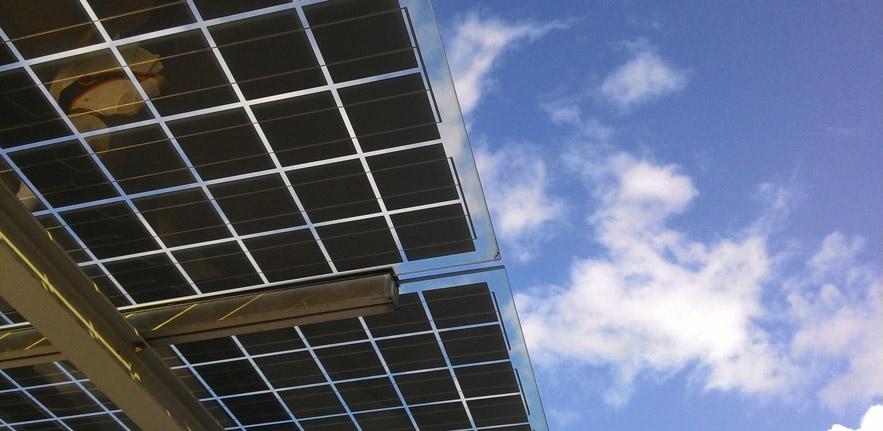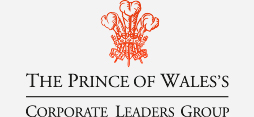
29 November 2016 – Jill Duggan, Director of the CLG, writes that there is a clear message from businesses that prosperity is not about slowing down progress but rather about setting clear and ambitious objectives with strong enforcement to encourage the right investment in the coming decades.
Ambition over frustration: more companies looking for strong EU leadership on energy policy
By Jill Duggan, Director of The Prince of Wales’s Corporate Leaders Group
29 November 2016
Europe has made great progress in the adoption of renewable energy in the last decade. The last climate and energy package to achieve 20 per cent of energy from renewable sources by 2020 was split into Member State targets depending on their resources and economic development. It looks likely that the EU and most Member States will achieve their 2020 targets. But now the Renewables Legislation is due for renewal to meet Europe’s contribution to the Paris Climate Agreement.
In assessing what is needed now, The Prince of Wales’s Corporate Leaders Group (CLG) has undertaken a number of interviews with a variety of businesses and business groups to see what they would like the new legislation to contain.
The membership of the CLG spans a diverse range of businesses. We have spoken to a number of our members and other businesses about their experiences of EU renewables policy for our report Renewable Energy: a business conversation.
Companies hold a variety of views depending on their position in the energy chain but a consistent and overriding message that came out in the conversations was a demand for tougher renewables targets to act as a catalyst to help accelerate the transition to a low carbon economy.
For companies to make the switch to renewables, either self-generated or purchased, they must have a clear understanding of the overall direction and speed of travel to a zero carbon economy. The companies interviewed for our report are at the most progressive end of the spectrum and are well aware of and committed to the need to take action to address climate change. They are acting to future proof their companies and to avoid the volatility of swings in incentives and supplies. But all are clear that the EU can help speed the change. It can do this by being more rather than less ambitious. Companies see the shift to an overall EU target as a backward step. Member States could address this backward step by recognising the benefits of taking on tougher individual targets voluntarily.
These are companies who have been on a journey to understand the best ways to decarbonise their businesses and many have learned valuable lessons along the way. Some have shifted from self supply to focusing on energy efficiency. Others have rightly raised the need to recognise that energy demand is not just about electricity generation but also encompasses the more challenging aspects of heating and cooling and transport – subjects that the CLG will be looking at further in 2017.
There is a clear message from businesses in our report, launched today, that prosperity is not about slowing down progress but rather about setting clear and ambitious objectives with strong enforcement to encourage the right investment in the coming decades.





 Jill Duggan is the Director of The Prince of Wales’s Corporate Leaders Group which brings together businesses to work towards a step change in policy and action on climate change.
Jill Duggan is the Director of The Prince of Wales’s Corporate Leaders Group which brings together businesses to work towards a step change in policy and action on climate change.